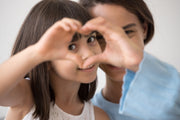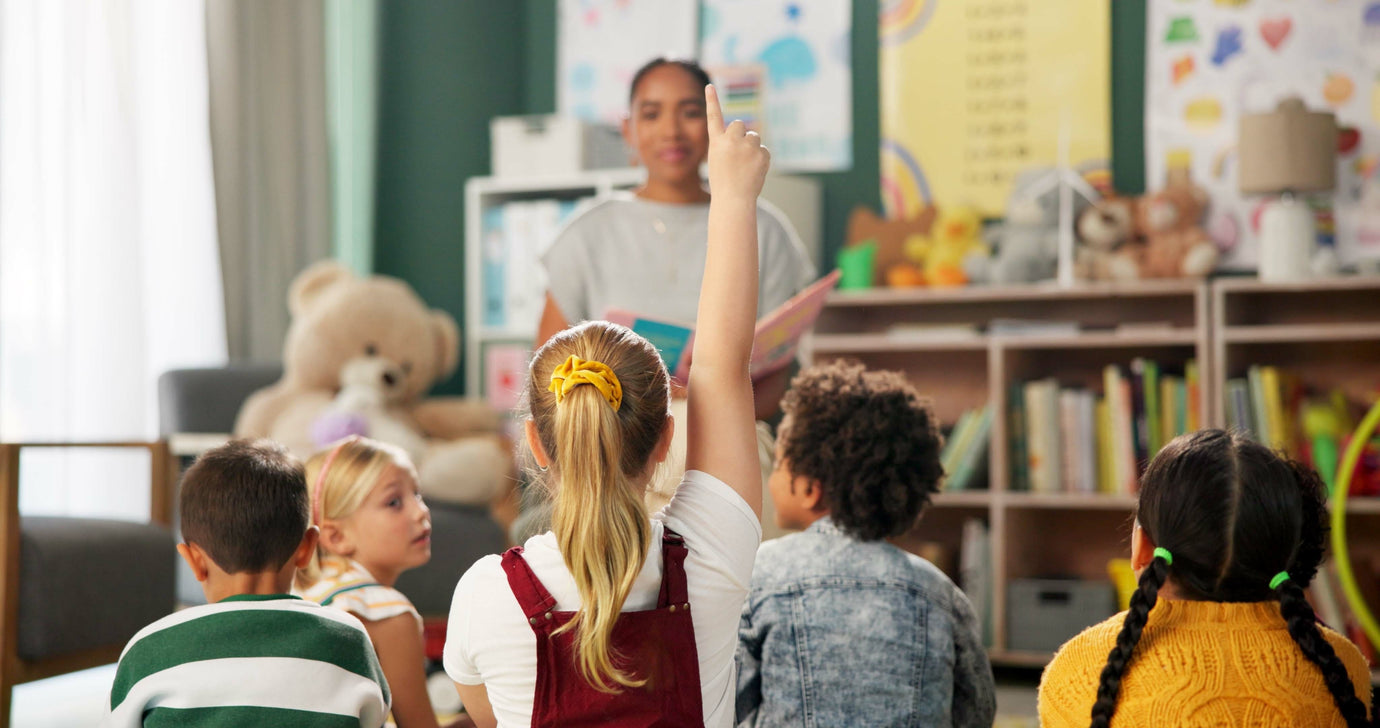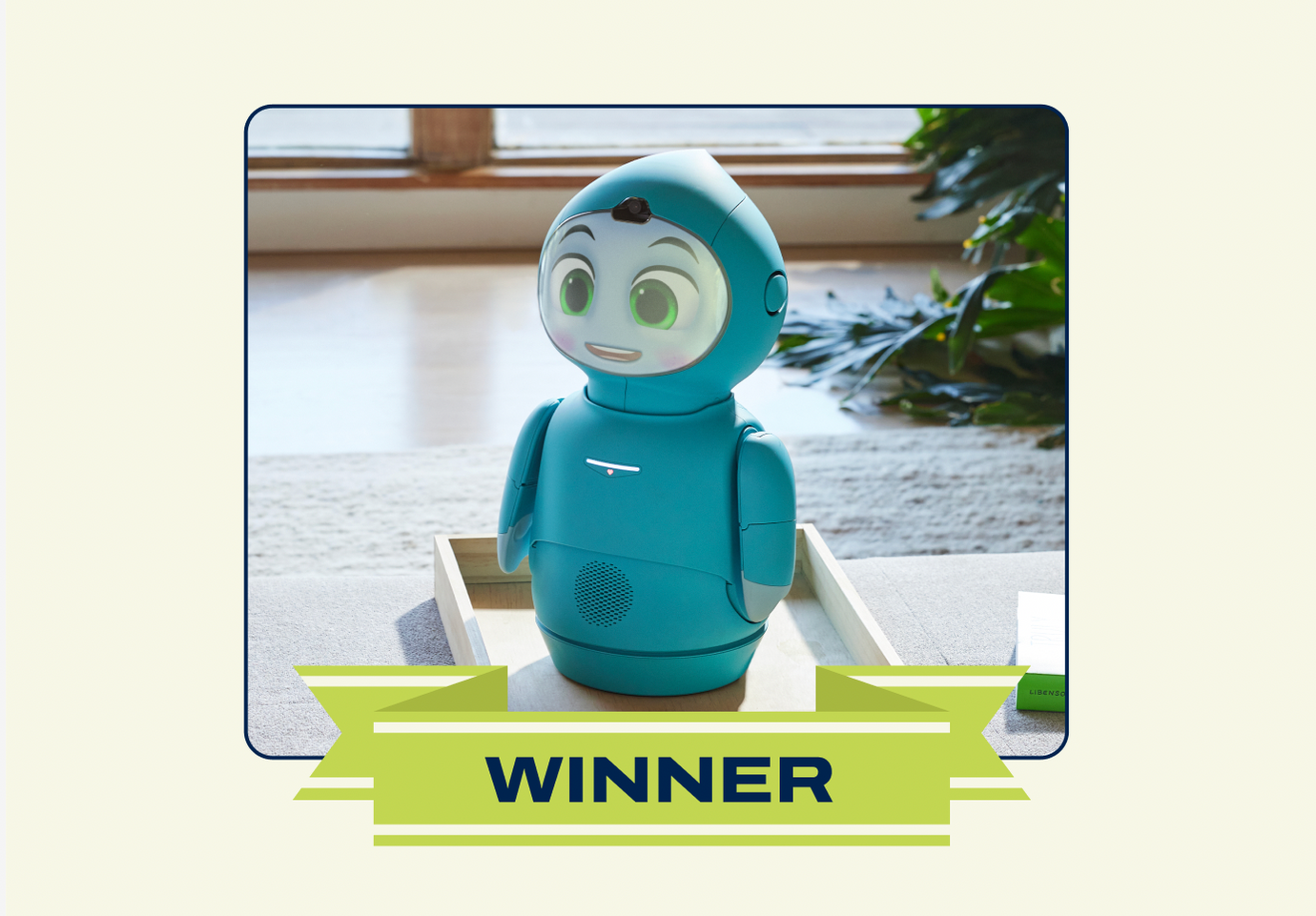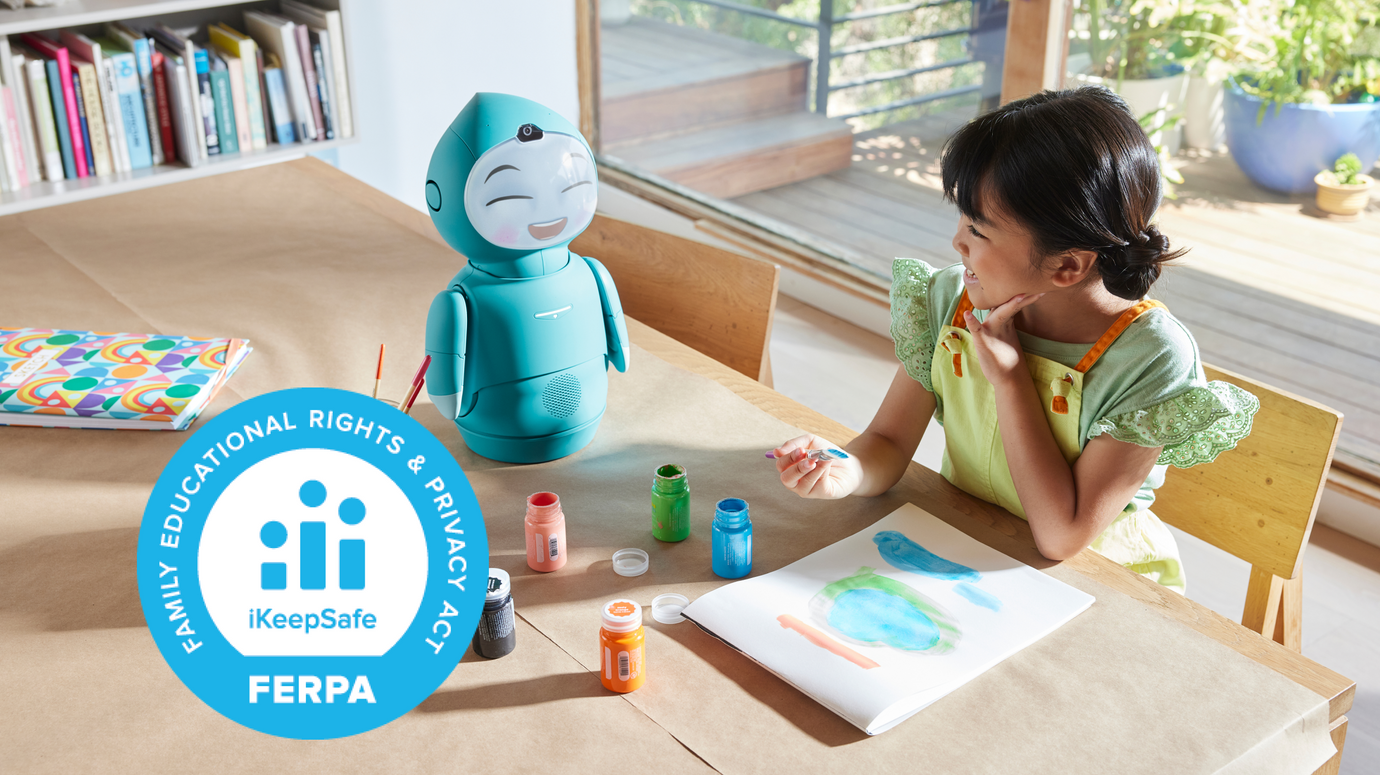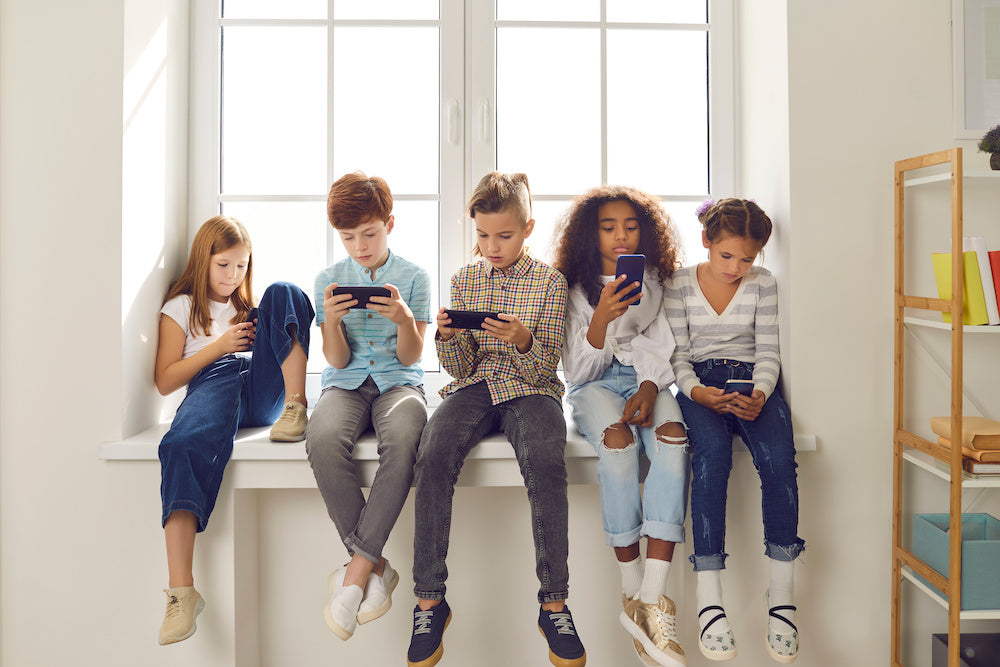First Grade Learning Games for Social-Emotional Development
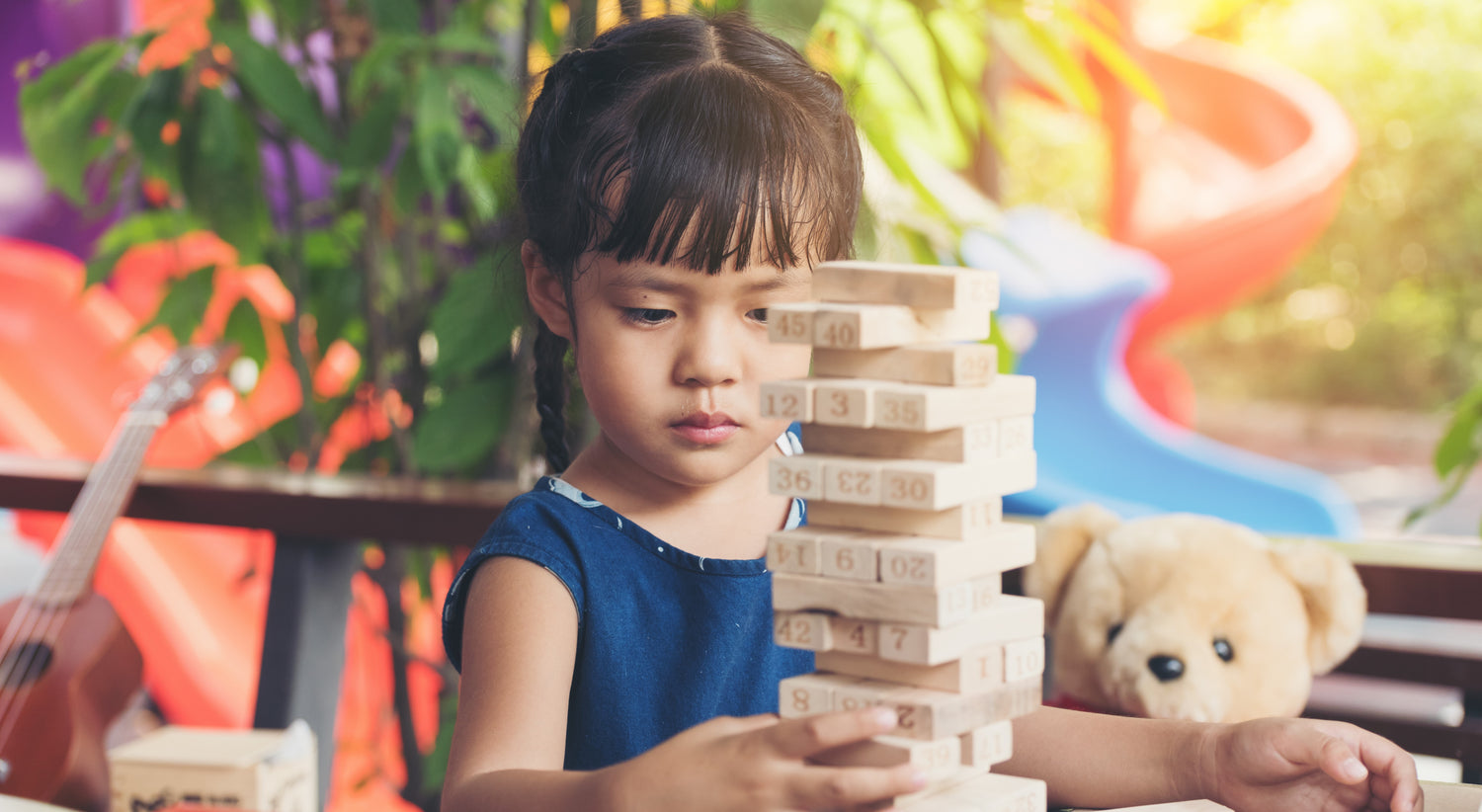
Child physical developmental staging is a concept with which most parents, teachers, and caregivers are fairly familiar. We have a good idea of what to expect during our child’s growth and which signs to look for to make sure they’re healthy and thriving.
Just as important, and just as much an indicator of our child’s overall wellbeing, is childhood social and emotional development. This type of growth is complex and harder to see and track than physical maturation. However social and emotional learning follow similar stage-patterns, and so we understand what milestones we need to help our children to reach at different ages.
So here’s an overview of social emotional development for first grade-aged kids, and a few activities you can share to help them along.
About first grade social emotional development
Kids aged 6-7 begin to develop more self-awareness, as well as deeper awareness regarding the emotions and autonomy of others. And within the sometimes challenging context of their first steps into elementary school, this new social consciousness can be hard.
At this stage, first graders can become very concerned with their role and place within a larger group. They want to know that they are important, and receiving praise can be a big motivator. Conversely, rejection or criticism – especially when it comes from a peer – can result in some seriously hurt feelings.
Kids at this age make great strides with regard to empathy and their sense of control around friendships. It can be painful to realize for the first time that you don’t hold complete power over your friends, and that they are in fact their own people with their own feelings, wants, and needs.
But this realization can also be a great opportunity to learn things like sharing, developing a sense of fairness, the importance of kindness, and how to be a good friend.
The importance of social emotional development in first grade
In kindergarten, kids mostly learn through play and interaction with friends and teachers. In first grade, an increased emphasis on academics and classroom-style learning requires better self-regulation, better collaboration skills, and the ability to ask for help when they need it.
Reaching social emotional milestones in the first grade will set your child up for success throughout their educational career and beyond. Newly important skills like listening, patience, communication, and boundaries can inform how well they do in school, both as a student and as a peer.
Challenges in social emotional development in first graders
Age 6 - 7 is often when parents and teachers start to notice social development obstacles in their children for the first time. Learning disorders or social challenges associated with neurodiversity (ADHD and ASD) can impact early social emotional learning, and may become more obvious as kids face an academic learning environment for the first time.
Kids with learning disabilities like dyslexia may experience a hit to their self esteem if they are corrected more often than their peers, and can have strong reactions to receiving academic feedback. And kids with disorders which affect social performance may have difficulty making friends or maintaining relationships as their social skills and awareness are tested within a more structured social container. Unfortunately these qualities place kids at a higher risk for being bullied.
Being a child in first grade can also just be hard, and for many students this will be their first experience of needing to share an adult’s attention with a larger group of kids. It’s a vulnerable and critical stage in a child’s development that also goes hand-in-hand with a lot of life changes for most. Ideally, individualized support both in the academic sense as well as the emotional will allow all of your first graders to do their best work and foster the social skills they need to thrive.
Ways to help first graders through social emotional development
Different kids may need different levels of support to help them develop better social emotional awareness, of themselves as well as others. But as a teacher or caregiver there are a number of fun and easy games and activities you can facilitate that will help the first grader in your life get through.
Here are a few ideas.
First grade learning games and activities for social emotional development
-
Morning mindfulness. Small daily activities can help your first graders to develop better social and emotional awareness.
For this exercise, simply have your child or class close their eyes, take a few deep breaths, and see if they can come up with a sentence or two to express how they’re feeling in the moment. They can perform a “body scan” if they’re having a hard time telling: this means noticing if there are any physical sensations at different points in their body which they might associate with an emotion.
Give them space to express these emotions, talk about them, get support if they need, and let them go.
-
Collaborative projects. Have your first graders collaborate on low-stakes creative projects to help them develop better listening and communication skills. Things like collaborative art or writing projects can be great for this.
First, the children should talk about what they’re going to create together, or a theme they might both use if they’re doing individual but simultaneous work. They should be encouraged to listen carefully to what their partner is saying, and come to an agreement. They should feel encouraged to ask questions, and especially to give each other compliments.
You might consider switching between letting kids choose their own partners and choosing partners for them.
-
Emotional jenga. All you need for this social emotional learning game is a jenga set and a marker.
To create your set, you’ll write a unique feeling on each jenga block and stack them up. As kids draw from the stack, they’ll need to act out, express or explain the emotion to their peers. They can either do this directly, or you can make it into a guessing game.
-
Mad Dragon. This fun and familiar card game helps kids learn to be better friends while teaching them to manage their emotions and make mindful choices when it comes to expressing their anger.
According to the maker, Therapy Game HQ, the Mad Dragon card game helps kids to:
- Control their anger.
- Learn new anger management tactics.
- Identify anger within themselves and others.
- Identify other feelings, and express them in a healthy way.
- Avoid situations which might make themselves or others angry.
- Learn how to make the right choice for the moment when it comes to expressing their anger. -
Fill the bucket. This activity helps your first graders to practice being kind to one another and see the best in themselves and their peers.
Each student should have a bucket, envelope, or other kind of container on their desk or in their cubby. Throughout the day or week, students should write down compliments, appreciations, or other positive things for and about their peers, and place them in their respective buckets. The goal is to fill everyone’s bucket with nice things that make your students feel good about themselves, and seen by their peers.
Final thoughts: first grade social emotional development
Early social emotional development is critical to our social/emotional wellbeing as adults. The ability to create friendships, listen to our teachers, solve conflict, and understand our own emotions allows us to ask for what we need and try to meet the needs of others, ultimately resulting in better community, and more well-rounded individuals.
The easy activities we outlined above can make a big difference in the social emotional learning of your first-graders. Learn more here about supporting emotional wellbeing for the young ones in your life:EQ in children.

